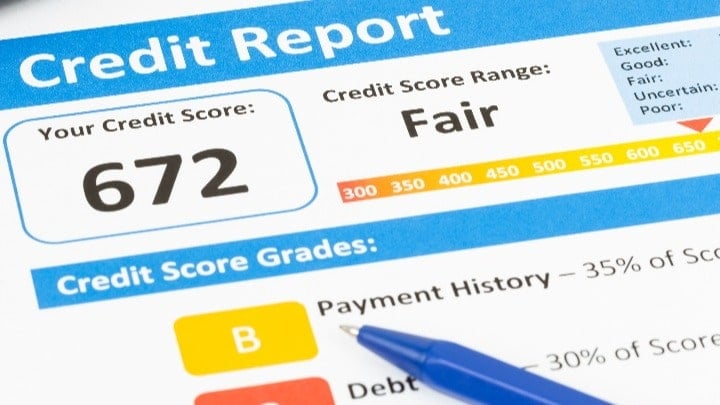Building Wealth Through Homeownership
Every person who wants to become a homeowner has a different reason to pursue this dream. Some want the stability that comes with knowing you won’t...
3 min read
 Twin Cities Habitat for Humanity
:
9:00 AM on February 13, 2023
Twin Cities Habitat for Humanity
:
9:00 AM on February 13, 2023

Before you apply for a mortgage, raising your credit score is one of the best things you can do. That means paying down as much debt as you can. But many people have significant amounts of debt through no fault of their own. About 41% of U.S. adults have medical debt. Medical bills are also the #1 cause of bankruptcy in the U.S.
 Medical debt can cause you to cut down spending on essentials like food. It might also stand in your way if you want to buy a home. Debt is a big part of your credit score - if it will take years to pay off a debt, your credit score will suffer. But life with medical debt is about to get easier.
Medical debt can cause you to cut down spending on essentials like food. It might also stand in your way if you want to buy a home. Debt is a big part of your credit score - if it will take years to pay off a debt, your credit score will suffer. But life with medical debt is about to get easier.
As of July 2022, many forms of medical debt should be off your credit report. Some kinds of medical debt might never be reported at all going forward. This change is designed to help you focus on your personal well-being. Unexpected medical expenses can become expensive, and they should not get in the way of your ability to purchase a home. Here’s what you should know.
Every time you use a credit card, take out a loan or pay a debt, it's recorded in your credit report. The positive and negative events in the report are used to create a credit score. A credit score is an estimate of how likely it is you’ll pay your debts fully and on time.
Credit scores range from 300 (the lowest) to 850 (the highest). Only a small percentage of people have a score of 850. Anything from 670 to 739 is considered “good.” A good credit score is important because borrowers with higher scores can get better mortgages.
What makes a mortgage “better” or “worse”? A big factor is the interest rate. An interest rate is a percent of your mortgage added to your loan balance over the course of a year. Each mortgage payment is made up of a combination of the interest and the principal (the original balance of the loan).
The interest on your mortgage provides profit for the lender, and paying it doesn’t get you closer to paying off your home. The higher your interest rate, the more you spend in the long run, and the longer it takes to pay off your mortgage. Every cent of the principal that you pay off is home equity (value) that you control, and gets you closer to paying off your mortgage.
For example, if you have a $100,000 loan...
Under the new rules, people with medical debt can expect these changes:
These changes are slated to have a huge positive impact for potential homebuyers across the board—and one of the most affected groups will be Millennials. In a recent survey, respondents across all generations said medical debt has harmed their credit. Millennials fared the worst, with 52% reporting a negative impact.
Not all medical debt will be covered by the new changes, however, so keep the following tips in mind.
Even if medical debt has had a negative impact on your credit score, there are options for keeping your mortgage interest rates low. To explore home mortgages for low- and moderate-income families, consider our TruePath Mortgage product from TCHFH Lending, Inc. The interest rate is lower than the industry average, and home payments are capped at 30% of your income.
Your gift unlocks bright futures! Donate now to create, preserve, and promote affordable homeownership in the Twin Cities.

Every person who wants to become a homeowner has a different reason to pursue this dream. Some want the stability that comes with knowing you won’t...

If you're beginning the journey of buying your first home, it is critical to have an understanding of employment requirements to be eligible for a...
![How Interest Rates Work and Impact The Cost of a Home [VIDEO]](https://www.tchabitat.org/hubfs/webpage%20images/infographic/16%20x%209%20images/submit%20loan%20application.png)
How much do you really pay when you buy a home? A loan you take out to buy a house is called a mortgage. The mortgage is usually a little less than...